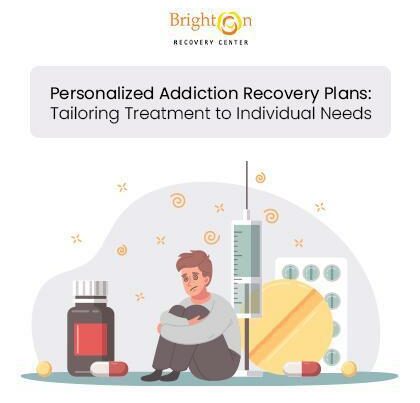Challenging Yourself – Learning to Ask “Why?”

Anxiety, depression, addiction, and any co-occurring disorders all frame the way that people see themselves and the world around them. Feeling depressed can accentuate one’s negative features, while anxiety can highlight potential dangers that may or may not actually exist. Using grounding techniques during difficult times can help combat these perceptions in one’s mind. It is important to be able to recognize reality in order to process and move through difficult situations.
Asking “why” you are feeling a certain way is a tool that stretches far beyond the bounds of any one kind of affliction. Being able to answer that question is paramount in finding out where you are in your recovery, what you may need to focus on in therapy, and what actions you need to take to acknowledge the reality of your situation.
Identifying a Root
Asking the question “why” is important for a number of reasons. Yet the most important reason to ask the question lies in your ability to recognize triggers and seek new avenues for healing. Looking for physical or definable reasons regarding why you feel the way you do may be a part of the answer and can be a starting point in addressing the feelings overall. When you are feeling depressed, being able to identify even part of the reason—such as thinking back to a traumatic event—is important in addressing or confronting those core feelings and triggers.
Getting depressed around pet stores because they remind you of your own recently deceased pet is another way of acknowledging those roots of depression. For anxiety, feeling the onset of fear around times of professional change, such as job changes and promotions, can help you address that core feeling. If you can acknowledge the root of your anxiety, you may be able to get it under control before the fear begins to bleed into other aspects of your life. Asking “why” can help narrow the range of focus for treatment, and help you develop specialized skills for the process of recovery.
Breaking Down the Moment
Asking this question in times of crisis is an impressive skill. It involves a remarkable degree of introspectivity. It requires you to break down the moment into its individual components. Asking “why” can act as its own grounding technique, requiring you to answer a few key questions in the process. Also asking questions like “where,” and identifying your surroundings can help you put your mind in a physical place.
It requires you to see the world around you to identify physical objects, as well as the time of day. While the questions themselves may be simple, a time of crisis can distort many of these aspects, and make the familiar feel foreign. Asking “why” forces you to answer a number of other key, grounding questions.
Collecting Effective Evidence
You don’t necessarily need to have an answer to the question “why” immediately after you ask it. It is a profound question, and depression, anxiety, and addiction don’t lend themselves to easy answers. However, asking the other questions that lead you to better understanding the “why” is where the question gets its power.
Even when no particular reason can be found in a difficult time, making a list of all of the factors going on in your physical world, as well as in your mind, can help you create a list of potential things to address. Difficulties may be constant, and comparing the evidence of each different event can help you create a new way of looking for consistencies. Making a list places evidence on the page that you can then examine. It is all an effort to address the root of your emotions.
Exploring Agency
Being able to address the different individual elements that comprise your emotional state can then be broken down even further. While depression, anxiety, and addiction may seem overwhelming in their entirety, addressing the individual elements can make them more manageable. It can highlight the things that may truly be out of your control, as well as what you still have agency over.
If you recognize your physical location as part of your anxieties, you may not be able to change the way you feel about the location itself. However, you can remove yourself from that location. Finding the elements that you can control in any situation is important in maintaining agency over your emotional state.
Asking “why” is a simple thing to do in theory, but its implementation requires practice. Much like any other grounding skill, practicing asking this question is necessary in order to be able to use it in a time of crisis. However, its use goes beyond crises. It is just as important to ask “why” you are happy at a certain moment. What, at that moment, is bringing you joy amidst anxiety, depression, or addiction? Addressing why you feel the way you do—in positive or negative situations—can help you create a healthy portrait of your path to recovery.
If you or a loved one are struggling with addiction, anxiety, or depression, and are struggling with coping in times of crisis, Brighton Recovery Center is available to take the first step with you. Focusing on a strong sense of community between patients and professionals, Brighton Recovery Center has a large campus for different ways for someone to express themselves. Addressing the root of someone’s emotions is a difficult task, and taking a holistic approach to addressing the difficult moments as well as rewarding the good times are both important in any recovery program. For more information on how the programs and professionals at Brighton can help you, call (844) 479-7035 today.



